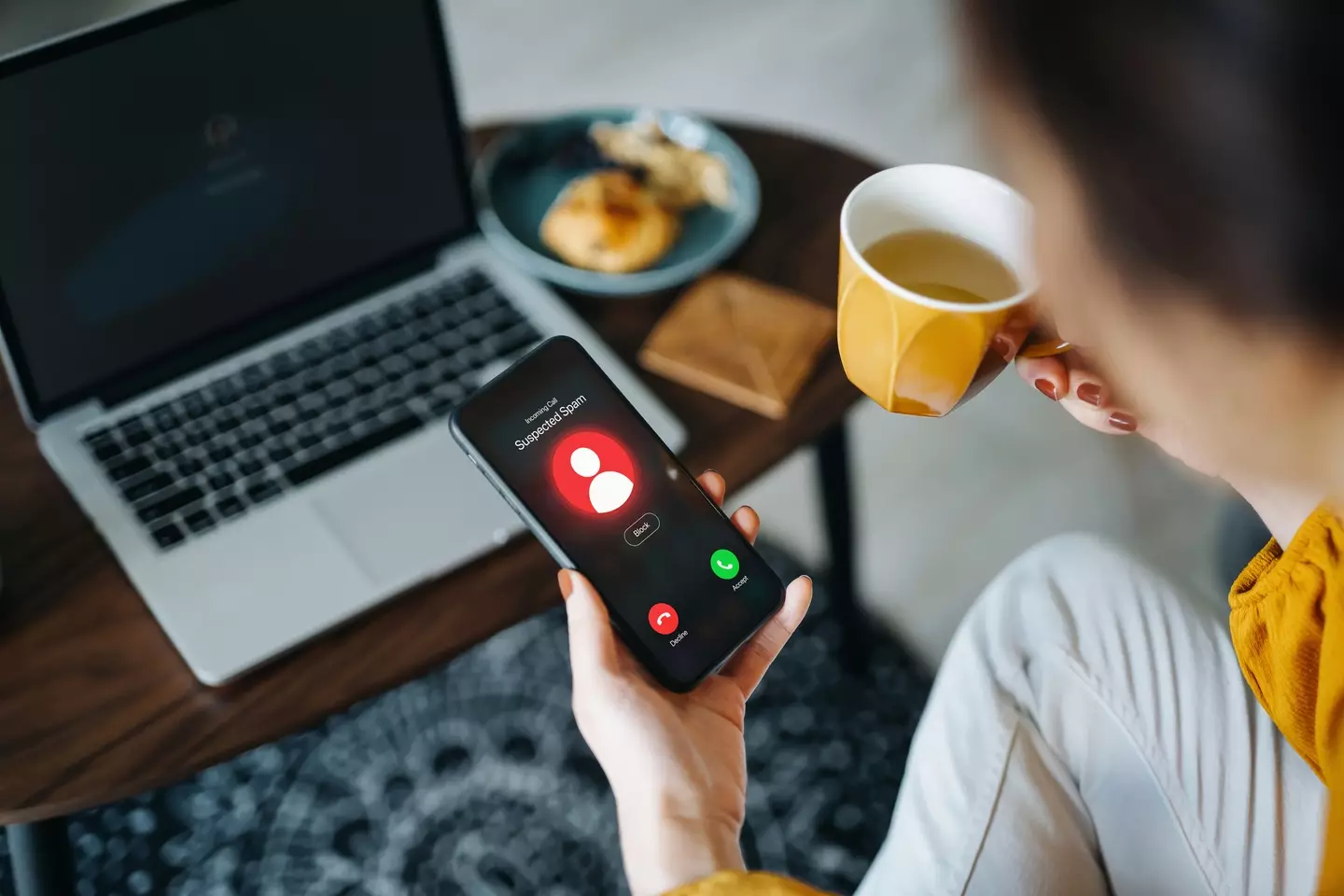
Today's scams feel a lot more realistic than they used to.
More often, they are using artificial intelligence to perfectly mimic voices, making phone calls sound exactly like they're coming from your bank or a loved one.
They can also manipulate caller ID displays so the number appears completely legitimate.
According to CBS News, the new 'elaborate' scheme is called the 'phantom hacker' scam and it's wiping out victims' life savings with alarming efficiency.
Advert
The scam takes a three-step approach to its victims, designed to prey on fear and urgency.

What is the phantom hack?
The hack reportedly starts with a pop-up alert on your computer, an alarming email, or an unexpected phone call claiming your device has been hacked or infected with malware.
A fake 'tech support agent' convinces you to download software to fix the problem that actually gives them complete remote access to your computer.
Once inside, they push you to log into your bank or retirement accounts so they can 'check for fraud.'
In the second phase, a different scammer contacts you pretending to be from your bank, credit union or investment brokerage. They claim a foreign hacker has breached your accounts and warn that your money is in immediate danger.
They insist the only way to protect your funds is to transfer them to a 'secure' third-party account, which the criminals control.

Victims are instructed to wire money, withdraw and send cash, or convert funds to cryptocurrency.
To add an official stamp of authenticity, a third scammer poses as a US government employee, reinforcing the warning that your money isn't safe and pressuring victims to move it into an 'alias account.'
They may even send fake documents on what appears to be official federal letterhead, complete with seals and logos, to prove their authority.
These aren't petty crimes involving small amounts, though. Scammers are systematically targeting life savings and retirement funds that people spent decades building. For many victims, losing their retirement savings means the difference between financial security in their later years and devastating poverty.
How to protect yourself against scams
There are several ways to protect yourself and your loved ones against these evolving scams.
Firstly, never click links or call numbers from unexpected pop-ups, texts or emails. Remember that no legitimate bank, credit union or government agency will ever ask you to move money to 'protect' it.
If you receive a call that seems suspicious, hang up immediately. Then contact your financial institution directly using the phone number printed on your card or statement.
Finally, if something feels wrong, trust your instincts.